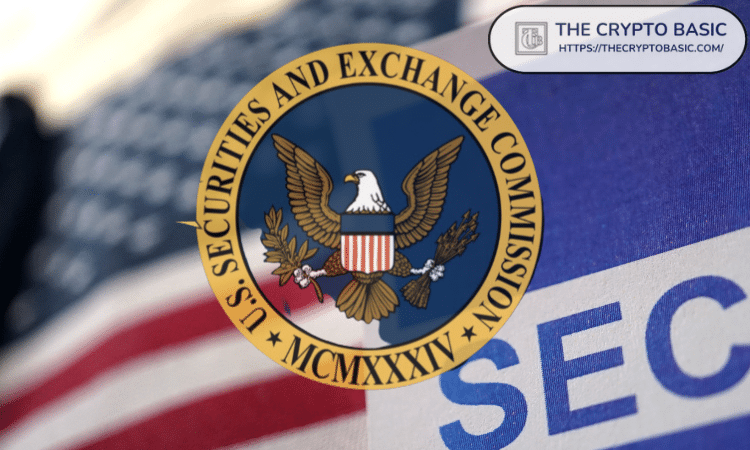The XRP community has weighed in on the potential SEC vs. Uniswap lawsuit, with pro-crypto attorney Bill Morgan identifying a similarity with the ongoing Ripple lawsuit.
For context, Uniswap, the world’s largest decentralized exchange (DEX), revealed on Wednesday that it had received a Wells Notice from the U.S. SEC, with the regulatory agency disclosing plans to pursue enforcement actions against the exchange.
The development sparked a dramatic response from UNI, the platform’s native token, which slumped 9.5% over a 24-hour period. Responding to the notice, Uniswap CEO Hayden Adams expressed his disappointment in the agency’s move, stressing that he is “ready to fight.”
Today @Uniswap Labs received a Wells notice from the SEC.
I’m not surprised. Just annoyed, disappointed, and ready to fight.
I am confident that the products we offer are legal and that our work is on the right side of history. But it’s been clear for a while that rather than…
— hayden.eth 🦄 (@haydenzadams) April 10, 2024
This adds to the line of leading cryptocurrency entities that the SEC has filed charges against, as the securities regulator continues to battle Ripple, Coinbase and Binance across multiple lawsuits. In addition, the notice to Uniswap comes up two months after the SEC adopted new rules regarding liquidity providers.
Amid the ongoing ruckus, Australian-based attorney Bill Morgan called attention to a similarity between the ongoing Ripple lawsuit and the potential legal case the SEC looks to file against Uniswap.
His remark came as a response to statements made by Adam Cochran, founder of venture capital firms Cinneamhain Ventures, in which he pointed out that in all the six years Uniswap has operated, the SEC failed to provide any clear guidance to regulate its operations.
Similarities Between Ripple and Uniswap Cases
Cochran pondered why the agency decided to send the company a Wells Notice at this point. Reacting, Morgan stressed that the securities agency did the same thing with Ripple, in which it waited eight years after XRP began trading to bring charges against Ripple.
XRP was 8 years old when the SEC sued Ripple. That is the SEC way. Wait until they are successful and then sue them for billions. https://t.co/kyRqSzPF9g
— bill morgan (@Belisarius2020) April 10, 2024
Notably, within these eight years of Ripple’s XRP sales, the SEC failed to provide any sufficient guidance to regulate the crypto industry. According to Ripple’s argument, uncertainty was also prevalent within the agency on what constitutes securities, evidenced by the circumstances surrounding Bill Hinman’s speech.
Morgan emphasized that the SEC’s mode of operation has been to wait for a firm to attain success, and then file charges against them to secure billions in remedies. The agency already demands nearly $2 billion from Ripple as penalties for its unregistered institutional XRP sales.
In a separate remark, Matt Corva, General Counsel at Consensys, argued that the SEC’s enforcements are aimed at creating chaos that mitigates chances of DeFi threatening the status quo. It bears mentioning that Corva previously claimed in 2020 that there was no attack on crypto after the SEC sued Ripple.
Nearly four years later, and the regulatory agency has added multiple high-profile crypto companies to its enforcement list. Morgan pointed out that Corva should have realized that the SEC is out to attack the crypto industry since 2020 when Ripple got sued.
DisClamier: This content is informational and should not be considered financial advice. The views expressed in this article may include the author's personal opinions and do not reflect The Crypto Basic opinion. Readers are encouraged to do thorough research before making any investment decisions. The Crypto Basic is not responsible for any financial losses.


